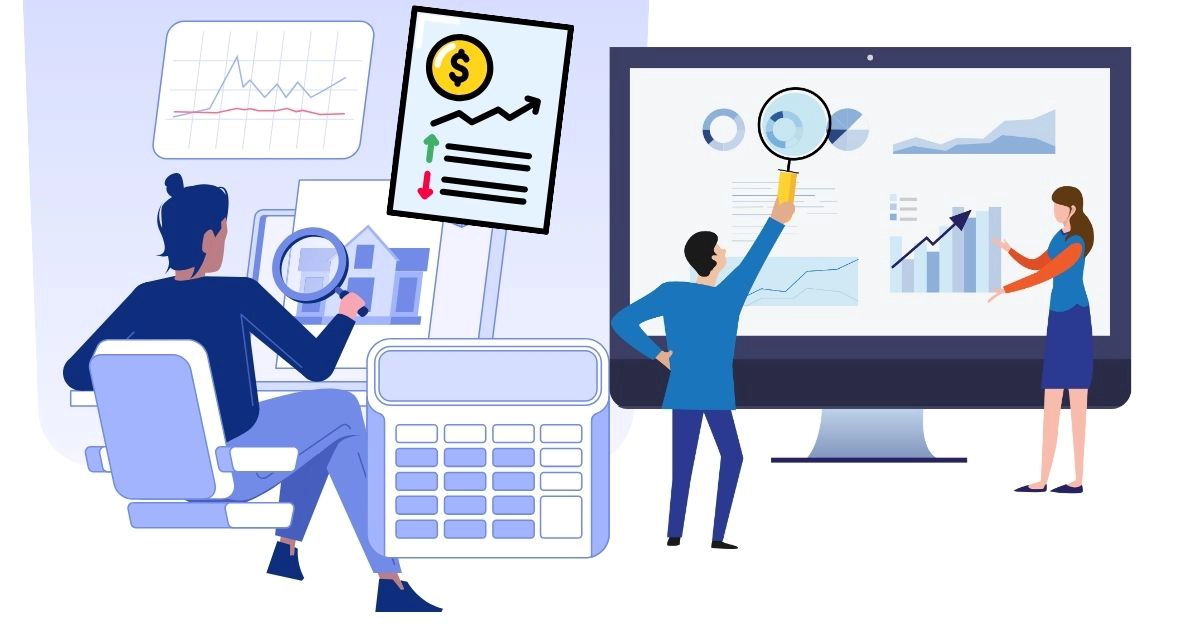Property management tools have emerged as game-changer, streamlining operations and enhancing efficiency.
This comprehensive guide delves into the world of property management software. It explores its key features, benefits, and the role it plays in modern property management.
Whether you're a property owner, a real estate investor, or a property manager, this guide is for you. It aims to provide insights into how this software can transform your operations.
By the end of this guide, you'll have a deeper understanding of how property management software can optimize your business. You'll also learn how to leverage it to gain a competitive edge in the real estate market.
The Evolution of Property Management
The property management landscape has evolved significantly over the years. In the past, property managers relied heavily on manual processes. These included paper-based record-keeping, in-person meetings, and manual rent collection.
The introduction of technology in the sector has brought about a paradigm shift. Today, property management is increasingly becoming digitized. This shift has been driven by the need for efficiency, accuracy, and the ability to manage large portfolios effectively.
The advent of property management software has been a key milestone in this evolution. It has transformed the way property managers operate, making it possible to automate routine tasks, streamline operations, and enhance tenant satisfaction. This evolution is a testament to the power of technology in revolutionizing industries.
Defining Property Management Software
Property management software is a specialized tool designed to assist property managers in managing multiple residential units. This could include apartments, condominiums, or any housing structure with multiple units. The software provides a centralized platform for managing all aspects of property management.
This includes lease management, tenant management, maintenance requests, and financial management. The software also integrates with other real estate tools, providing a comprehensive solution for property managers. The goal is to streamline operations, reduce manual tasks, and improve efficiency.
The software is typically cloud-based, allowing for remote access and real-time updates. This is particularly beneficial for property managers overseeing multiple properties, as it allows for efficient management from a single platform.
.png)
Key Features of Property Management Software
Property management software comes with a range of features designed to streamline operations. These features are tailored to the unique needs of managing multiple residential units.
Key features typically include:
- Lease management: This includes tracking lease terms, renewals, and terminations.
- Tenant management: This involves managing tenant profiles, communication, and satisfaction.
- Maintenance management: This includes tracking maintenance requests and work orders.
- Financial management: This involves managing rent collection, payments, and financial reporting.
The software also offers integration capabilities with other real estate tools. This allows for a seamless flow of information across different platforms. The result is a more efficient and effective property management process.
The choice of software should be guided by the specific needs of the property manager. This includes the size of the property portfolio, the complexity of operations, and the specific challenges faced in managing multiple residential units.
The Role of Technology in Lease Management
Lease management is a critical aspect of property management. It involves tracking lease terms, renewals, and terminations. This can be a complex and time-consuming process, particularly when managing multiple units.
Property management software simplifies this process. It provides a centralized platform for managing all lease-related information. This includes lease terms, renewal dates, and termination notices. The software also automates the process of lease renewal, reducing the risk of errors and oversights.
The result is a more efficient and effective lease management process. This not only saves time and resources but also improves the accuracy of lease management. It ensures that all lease terms are adhered to, reducing the risk of legal issues and disputes.
Enhancing Tenant Satisfaction with Tenant Management Software
Tenant satisfaction is a key factor in the success of property management. Happy tenants are more likely to renew their leases, reducing vacancy rates and increasing revenue.
Property management software plays a crucial role in enhancing tenant satisfaction. It provides a platform for managing tenant profiles, communication, and satisfaction. This includes tracking tenant requests, complaints, and feedback.
The software also provides a platform for tenant communication. This includes sending notifications, updates, and reminders. The result is improved communication, leading to higher tenant satisfaction. The software also provides a platform for collecting and analyzing tenant feedback. This can be used to make improvements and enhance tenant satisfaction.
Integration with Real Estate Software and Apps
In the digital age, integration is key; property management software is no exception. It must integrate seamlessly with other real estate software and apps. This includes CRM systems, accounting software, and maintenance management systems.
Integration allows for a unified and streamlined workflow. Data can be shared across platforms, reducing the need for manual data entry. This not only saves time but also reduces the risk of errors.
.png)
The Benefits of Mobile Property Management Apps
Mobile property management apps are a game-changer. They allow property managers to manage their properties on the go. This includes managing tenant requests, lease renewals, and maintenance tasks.
Mobile apps also improve communication with tenants. They can send notifications, updates, and reminders directly to tenants' mobile devices. This improves tenant satisfaction and reduces the risk of miscommunication.
Finally, mobile apps provide real-time access to property data. This allows property managers to make informed decisions, even when they are away from their desk. This level of flexibility and accessibility is invaluable in the fast-paced world of property management.
Operational Efficiency and Cost-Benefit Analysis
Investing in property management software is a strategic decision. It's about improving operational efficiency and achieving a positive return on investment. The software automates routine tasks, freeing up time for property managers to focus on strategic initiatives.
The software also provides valuable insights through analytics and reporting features. These insights can inform decision-making, leading to improved operational efficiency and profitability. The cost of the software is often offset by the savings and increased revenue it generates.
In addition, the software can scale with your business. As your property portfolio grows, the software can handle the increased workload. This scalability ensures that your investment in the software continues to provide value as your business grows.
Security and Compliance in Property Management
Security is a critical concern in property management. Property management software provides robust security features to protect sensitive tenant, landlord, and property data. This includes encryption, secure user authentication, and regular security updates.
In addition to security, compliance is another key concern. The software can help property managers comply with housing regulations and other legal requirements. This includes tracking insurance compliance, managing lease renewals and terminations, and facilitating compliance with the Americans with Disabilities Act (ADA).
Finally, the software can assist with disaster recovery and business continuity. In the event of a disaster, the software can help property managers quickly recover critical data and resume operations. This level of security and compliance support is invaluable in the complex world of property management.
Conclusion: The Future of Property Management Software

The future of property management software is promising. With advancements in AI and machine learning, we can expect even more sophisticated features. These will further streamline operations, enhance tenant satisfaction, and improve profitability.
In conclusion, property management software is a game-changer. It's an essential tool for modern property management companies. By investing in this technology, property managers can streamline operations, improve tenant satisfaction, and stay ahead of the competition. The future of property management is digital, and the future is now.


